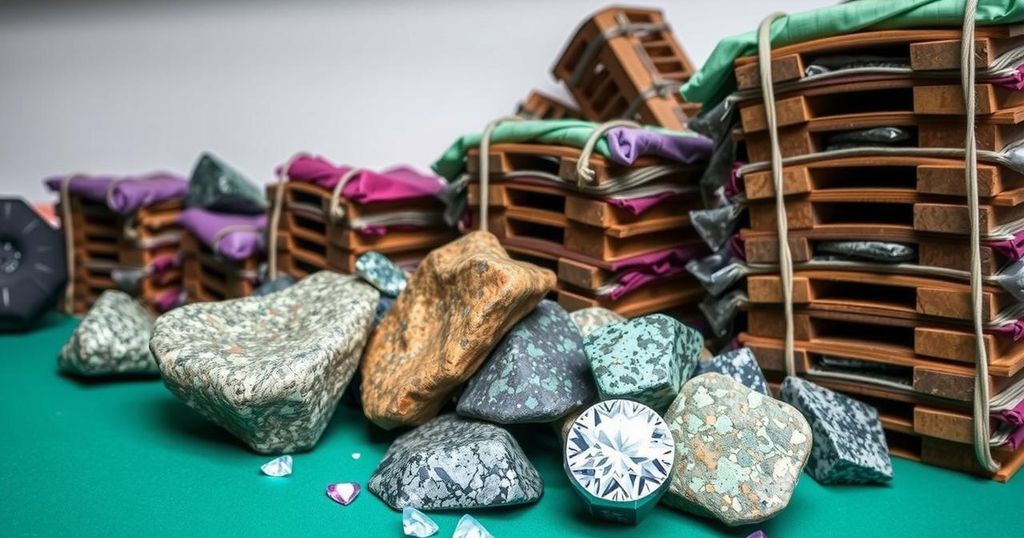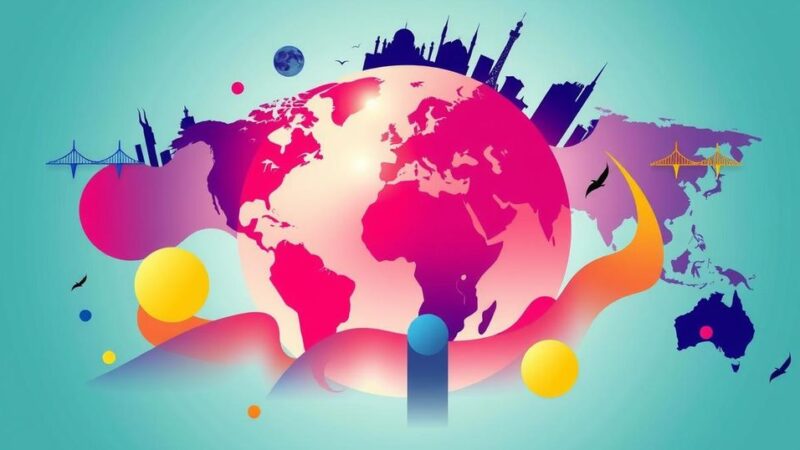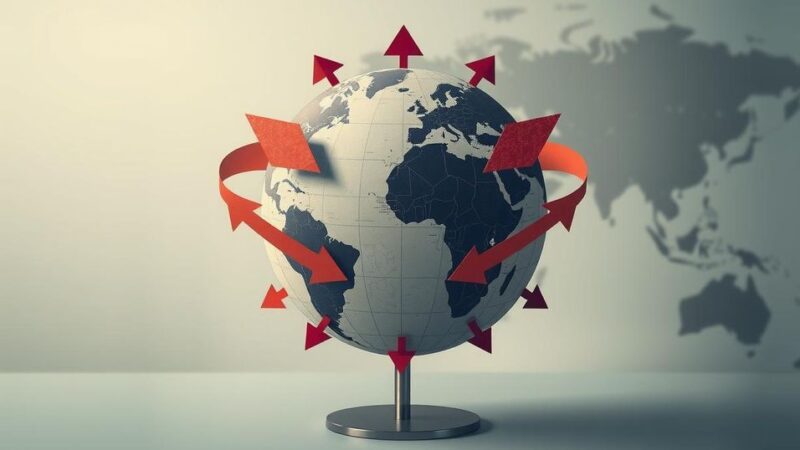U.N. experts reported that rebels in eastern Congo exported 150 metric tons of illegal coltan to Rwanda, causing extensive contamination of the mineral supply chain. Following the M23 movement’s control of Rubaya, the rebels established a monopolistic trade, raising ethical concerns for technology manufacturers regarding their materials sourced from conflict zones.
A recent report from U.N. experts reveals that rebels in eastern Democratic Republic of Congo illegally exported at least 150 metric tons of coltan to Rwanda in the last year. This action has significantly contaminated the mineral supply chain across the Great Lakes Region, marking it as the largest such contamination recorded to date. As the Tutsi-led M23 movement seized control of the Rubaya mineral-rich area, the illicit exportation of coltan surged alongside an established monopoly in the trade. Consequently, technology manufacturers face heightened scrutiny regarding the sourcing of their metals, emphasizing the challenges of adhering to ethical procurement standards.
The ongoing conflict in the eastern Democratic Republic of Congo has perpetuated a complex network of mineral trade involving various armed groups, notably the M23 movement. This region is rich in valuable minerals critical for technological manufacturing, such as coltan, which is essential for smartphone and computer production. The recent activities reported have highlighted the intertwining of illegal exports with the broader geopolitical tensions in the area, particularly the alleged support from Rwanda for the M23 rebels. This situation raises concerns about the impact of conflict minerals on global supply chains, particularly for technology companies aiming to ensure their materials are responsibly sourced.
The illicit exportation of coltan by rebels from eastern Democratic Republic of Congo to Rwanda underscores severe challenges within the mineral supply chain in the Great Lakes Region. By establishing a monopoly and manipulating local labor conditions, these groups not only profit from conflict but also complicate efforts by global companies to ensure ethical sourcing of minerals. The report accentuates the necessity for stringent oversight and accountability in the procurement processes of technology manufacturers to mitigate the use of conflict minerals.
Original Source: www.hindustantimes.com






